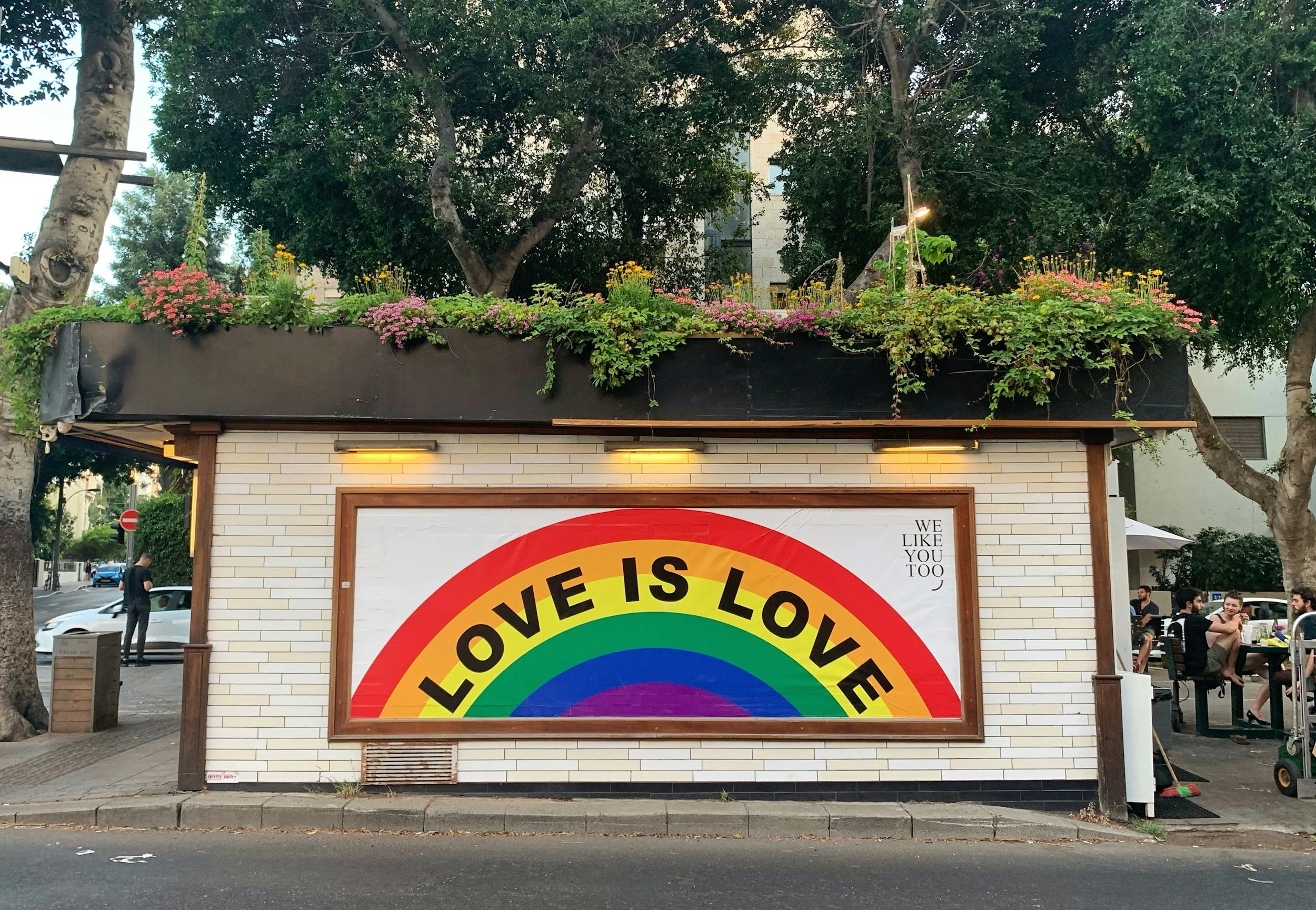
Maslowe Musings

Celebrating Small Wins Is a Powerful Mental Health Practice
Celebrating small wins supports mental health, builds self-trust, and helps you create lasting change. Discover how micro moments lead to transformation.

The Sacredness of Micro Moments
How noticing small joys can reconnect us to our bodies, soothe our nervous systems, and gently slow the pace of modern life. There is a rhythm many women have been taught to follow ~ fast, loud, achievement-driven.

Why Assuming the Worst Feels Safer (and How to Shift It)
For the overthinkers, the tender-hearted, and the ones trying to unlearn fear.

What If There’s Nothing Wrong with You?
A Gentle Reframe for the Healing Journey. So many of us carry this invisible weight: the belief that we’re broken. That we’re behind. That something about us needs fixing before we’re allowed to feel peace, love, or ease.

Cultivating a Mindful Journaling Practice: A Ritual for Inner Peace
Discover how mindful journaling rituals can help you process emotions, reduce stress, and enhance self-awareness, creating space for inner peace and creativity.

The Hidden Strength in Tears: Embracing Emotional Healing
For many women, tears are often seen as a sign of vulnerability, something that needs to be wiped away or hidden. We’ve been conditioned to view tears through a utilitarian lens.

The Impact of Supportive Family Relationships on Mental Health Among LGBTQ+ Individuals
LGBTQ+ individuals commonly experience discrimination, prejudice, and harassment in various aspects of their lives, including at school, work, and within their families. This social stigma can lead to feelings of shame, isolation, and low self-esteem, contributing to mental health issues such as depression and anxiety.
